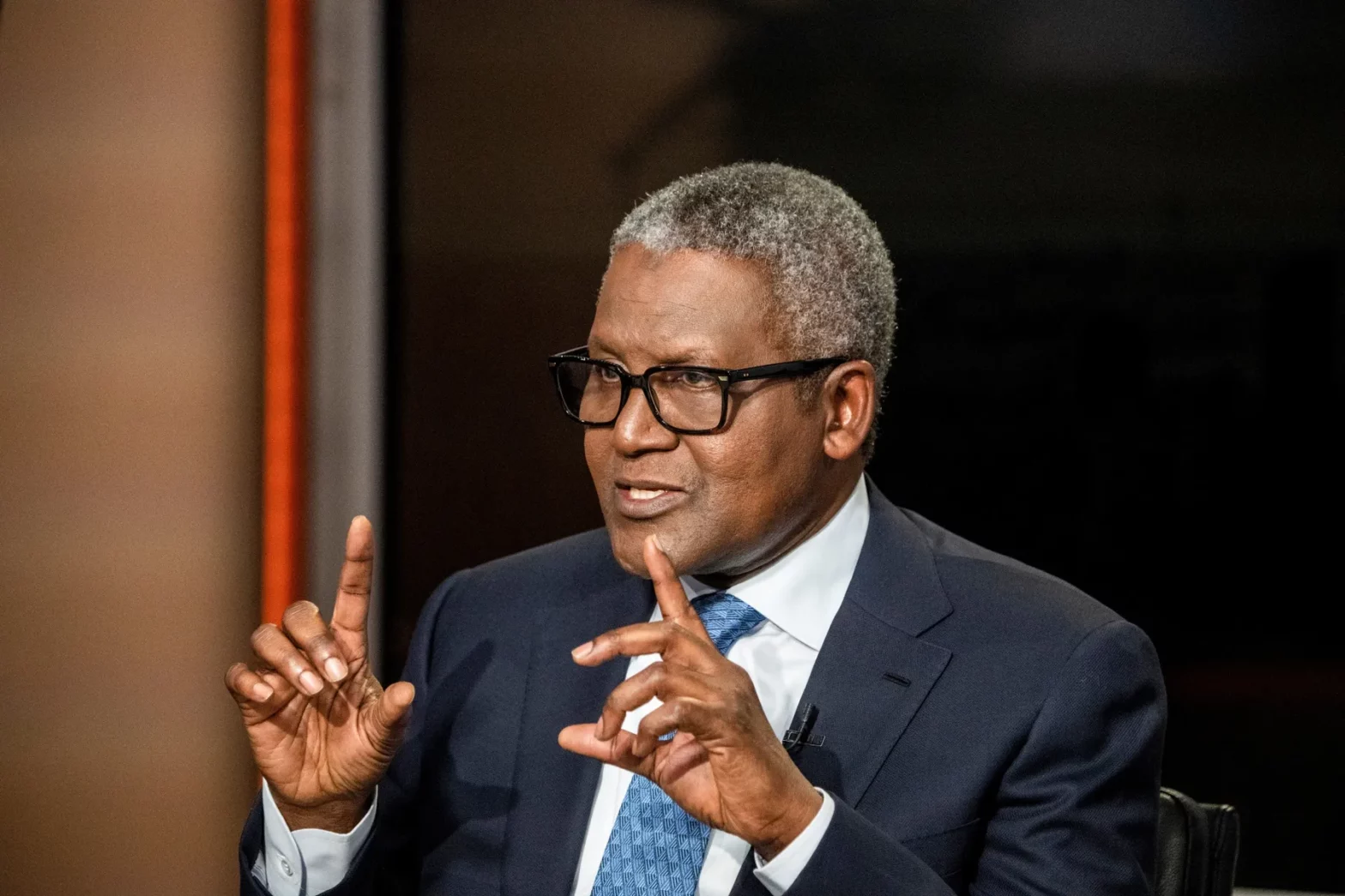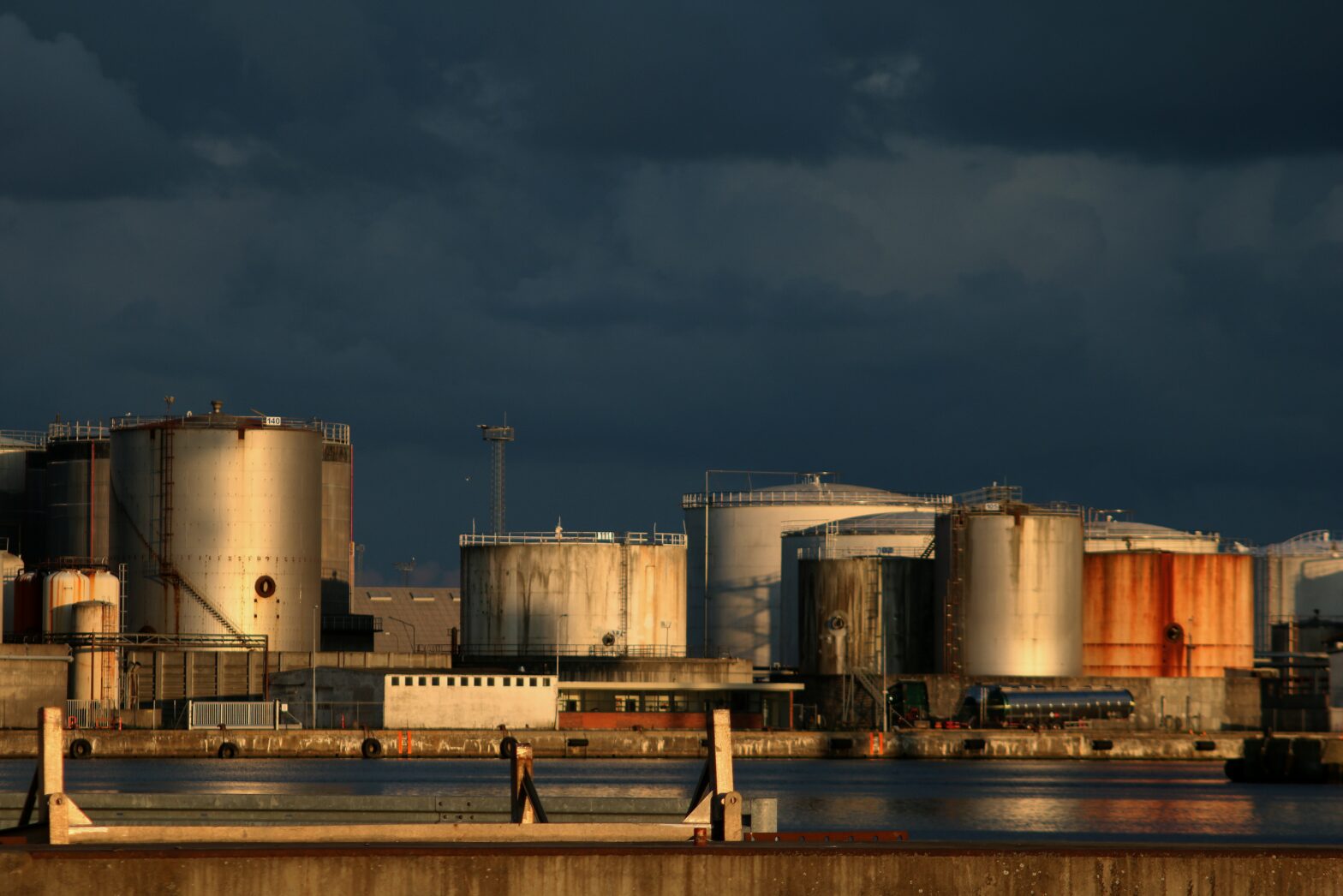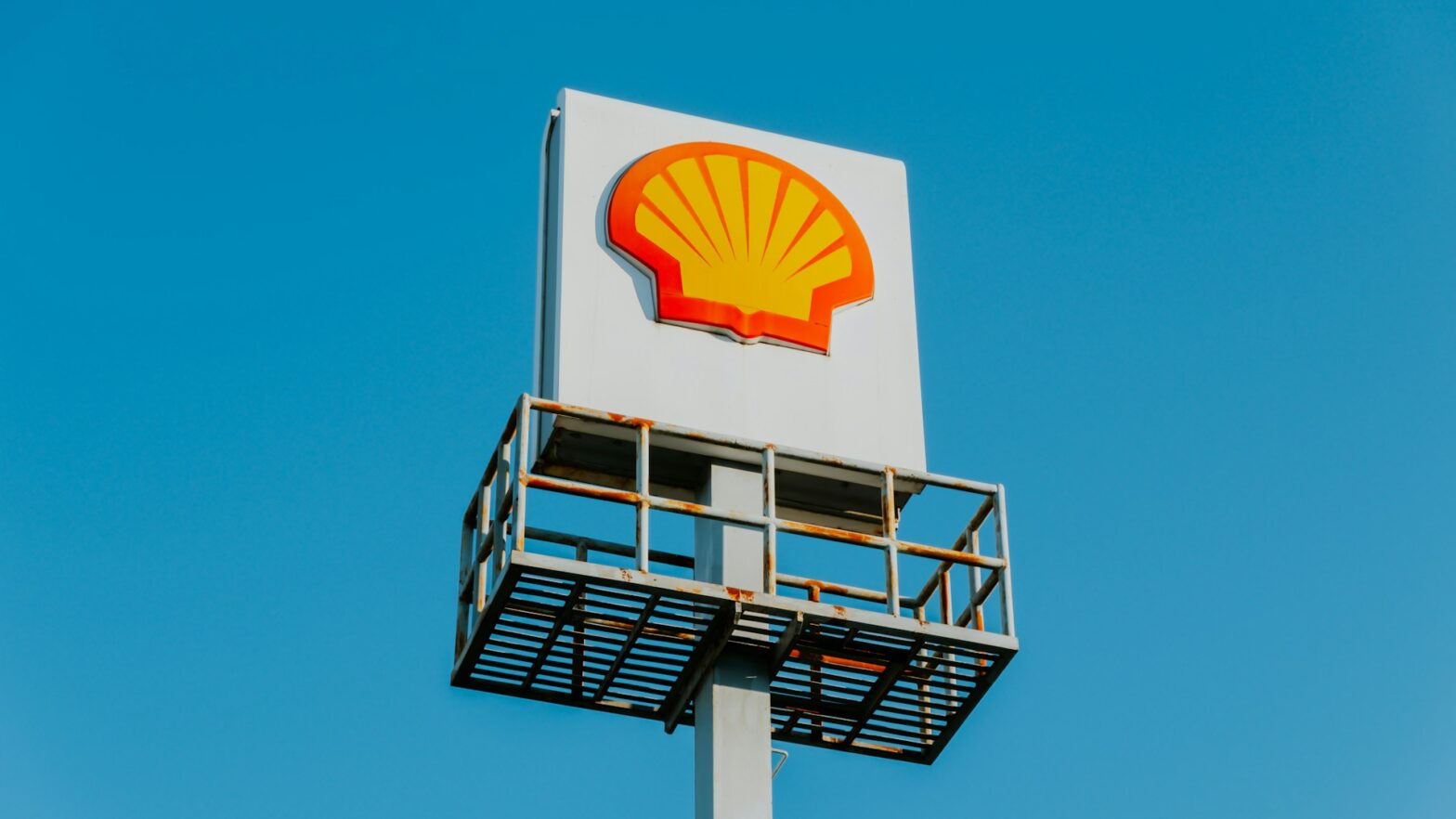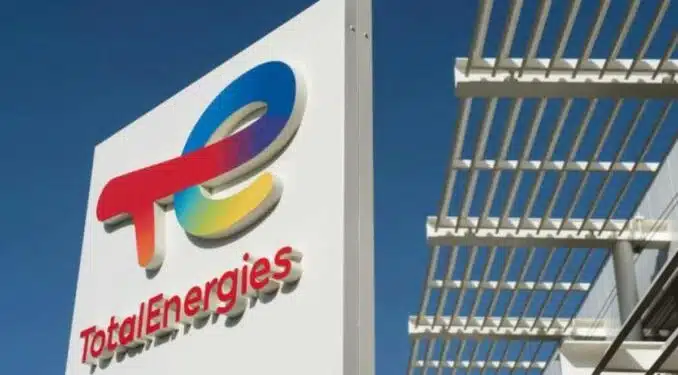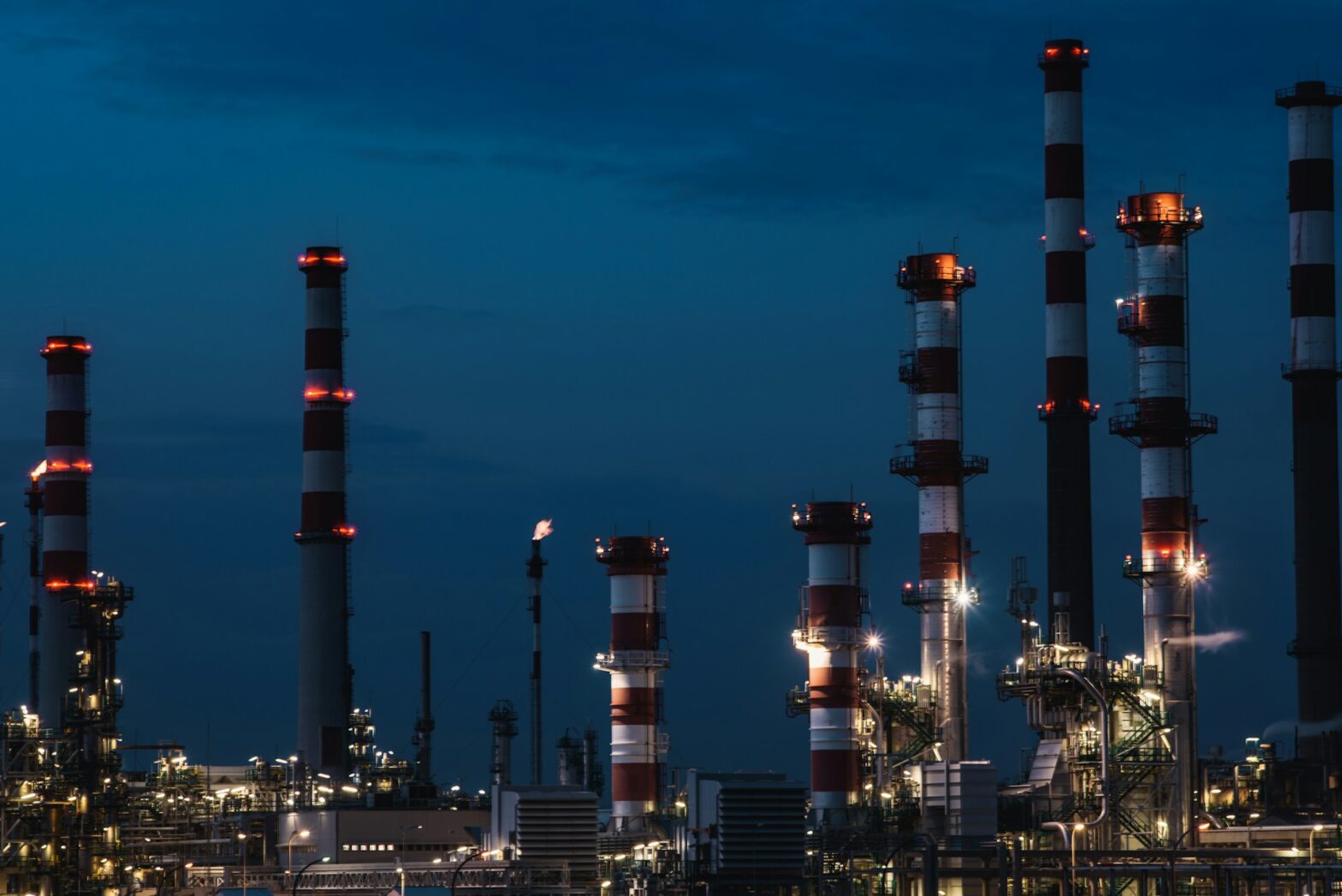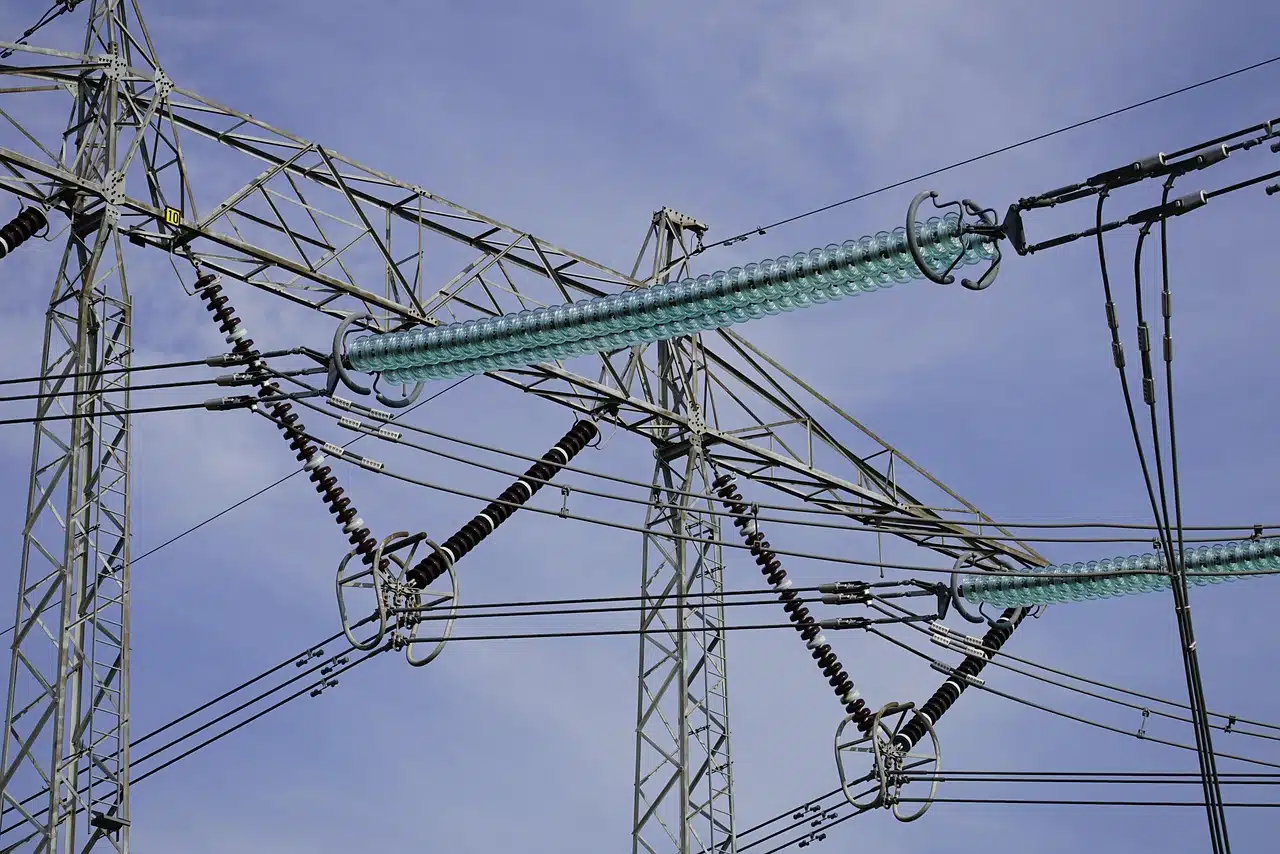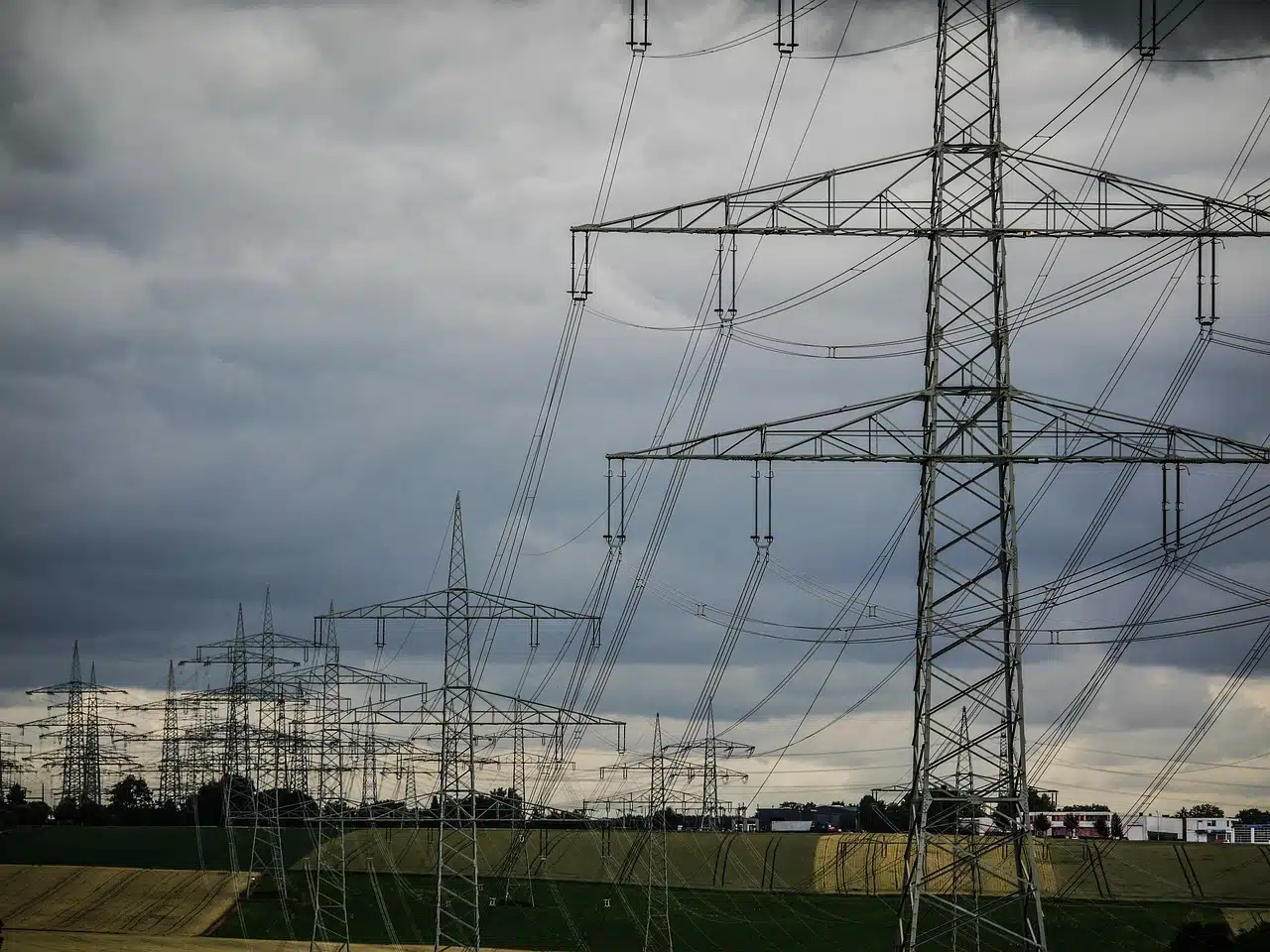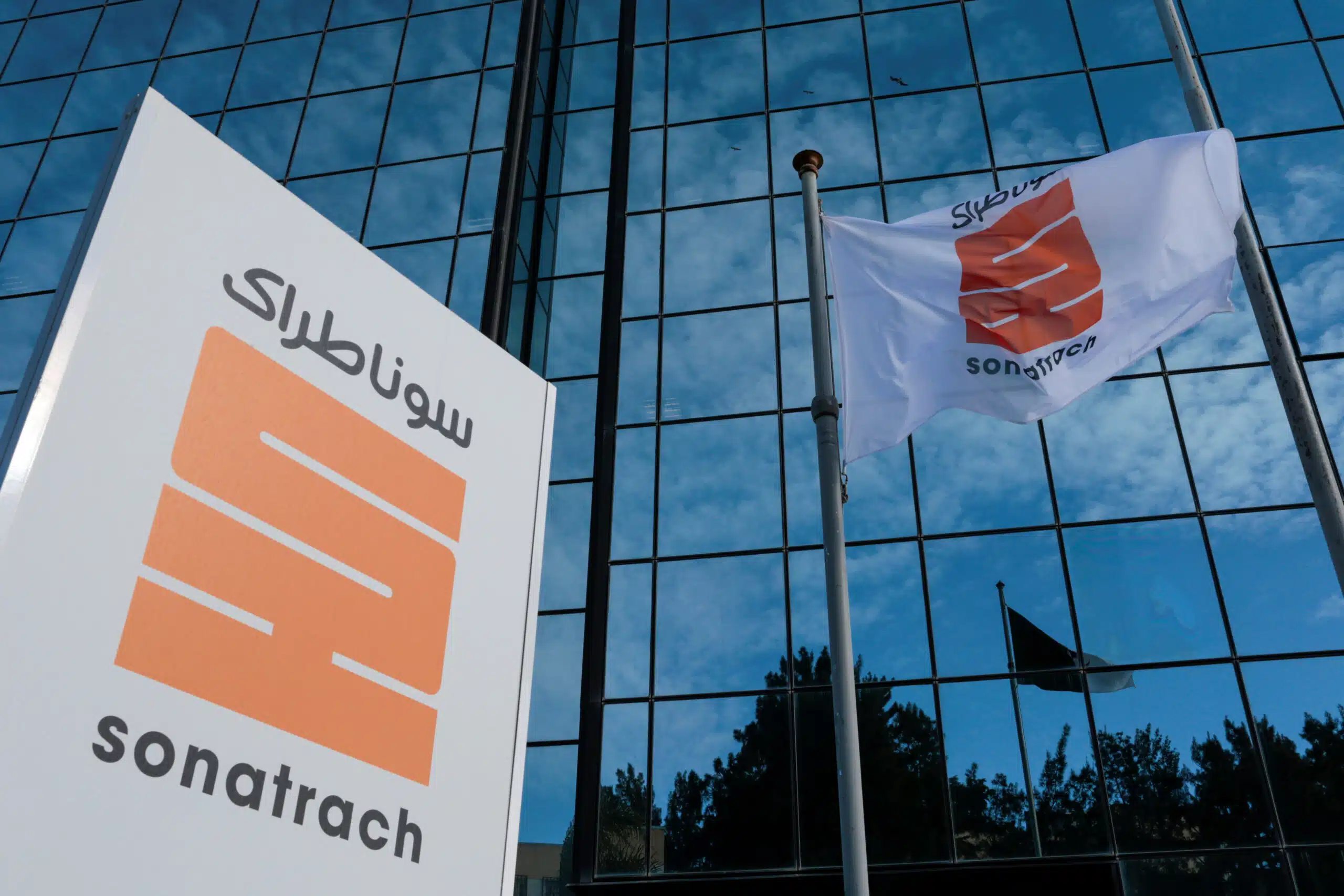As Big Oil companies head offshore, indigenous firms are steadily increasing their stakes in Nigeria’s mature onshore and shallow water assets.
Several of these assets had remained idle for years; not due to a lack of oil, but often because of underinvestment or operational challenges.
As of 2019, Nigeria’s onshore and shallow water regions accounted for over 63% of its oil reserves.
That same year, approximately 60% of the country’s total output of 2.1 million b/d also came from these terrains.
Recognizing this vast opportunity, local operators have heavily invested in developing these assets to help revive production.
This comes at a time when Nigeria, OPEC’s largest contributor from Africa, has faced challenges that bar it from convincingly reaching its quota of 1.5 million b/d.
But that gap may soon close.
While Big Oil’s investments in Nigeria’s deep offshore basins offer long-term potential, indigenous companies are delivering immediate results.
In recent months, several local oil producers have ramped up output to record levels—achievements that were hardly imaginable just five years ago.
We look at the top four “Big Locals” (not Big Oil this time) who are not just prospecting, but significantly contributing to Nigeria’s daily oil production.
4. Oando Plc
Formerly known as Unipetrol Nigeria Plc, Oando rebranded in 2003 and has since grown into one of Nigeria’s most valuable indigenous oil companies, with a strong international footprint.
In August 2024, Oando made a major strategic move by acquiring Agip Nigeria’s assets from Eni in a landmark $783 million deal.
This acquisition added 24 producing fields and 40 exploration prospects, significantly expanding its operational portfolio.
The deal boosted Oando’s daily production by nearly 30%, rising from 22,000 barrels of oil equivalent per day to 30,675 barrels by December 2024.
Looking ahead, the company has set ambitious targets. In a recent statement, Oando announced its goal to reach 100,000 b/d and 1.5 Bcf of gas daily by the end of 2029.
As of 2024, Oando’s asset base includes 2P reserves of 996.8 million barrels of oil equivalent (MMboe) and unrisked 2C resources of 173.6 MMboe, positioning it as a major player in Nigeria’s upstream sector.
3. Heirs Energies
Heirs Energies was founded in January 2021, but the company has quickly emerged as one of Nigeria’s leading oil and gas producers in just a few years.
A subsidiary of Heirs Holdings, the company’s flagship asset is OML 17, where it acquired a 45% operating stake from Shell in a landmark $1.2 billion deal in 2021.
The lease, secured for an eight-year term, marked a major milestone in indigenous participation in Nigeria’s upstream sector.
Since acquiring OML 17, Heirs Energies has significantly ramped up production—from 21,000 bpd at acquisition to over 50,000 bpd today.
As of February 2025, Chairman Tony Elumelu confirmed that the company was producing an average of 53,000 bpd, with bold plans to double output to 100,000 bpd in the coming years.
OML 17 is a prolific block, containing 1.2 billion barrels of proven oil equivalent reserves, along with an additional 1 billion barrels in contingent and prospective resources, all of which positions Heirs Energies for sustained long-term growth.
2. Aiteo Group
Originally founded in 1999 as Sigmund Communecci, the company rebranded to Aiteo Group in 2008, and has since become widely recognized as Africa’s largest indigenous oil producer.
Aiteo’s core production comes from OML 29, a major onshore oil field in Nigeria.
In 2014, the company made a transformative move by acquiring an 85% operating stake in OML 29 and the Nembe Creek Trunk Line from Shell.
The $2.56 billion deal, which included 11 fields, marked a turning point in Aiteo’s evolution from a downstream player to a formidable upstream force.
The acquisition significantly boosted Aiteo’s output, raising oil and condensate production from 23,000 b/d at the time of the deal to 90,000 b/d by 2024.
OML 29 is estimated to hold 2.2 billion barrels of crude oil and around 300 mmcf of natural gas, making it among Nigeria’s most valuable energy assets.
In November 2023, Aiteo further expanded its footprint by launching a new crude oil grade, “Nembe,” in collaboration with NNPC.
Together, the two firms also developed the Nembe Offshore Oil Terminal, designed to ease crude exports from the region.
1. Seplat Energy Plc
Founded in 2009, Seplat Energy has distinguished itself as a trailblazer in Nigeria’s oil and gas industry, becoming the first indigenous oil company to be dual-listed on both the Nigerian Exchange (NGX) and the London Stock Exchange (LSE).
A major turning point for the company came in 2024, when it finalized a landmark $1.2 billion acquisition of ExxonMobil’s onshore and shallow water assets in Nigeria.
The deal significantly expanded Seplat’s operational footprint and marked one of the largest asset transfers in the country’s energy sector in recent years.
Following the acquisition, Seplat announced plans to invest up to $320 million in reviving hundreds of Exxon’s idle oil wells, with the aim of ramping up production and unlocking additional value from legacy assets.
By Q1 2025, Seplat had already begun reaping the benefits. The company reported that its crude oil and condensate output had nearly tripled, rising from 30,386 b/d in Q1 2024 to 99,638 b/d in Q1 2025.
This surge in production was spread across Seplat’s six operational onshore licenses—OMLs 4, 38, 41, 40, 53, and OML 283—as well as its newly acquired offshore assets including OMLs 67, 68, 70, 99, and 104.
Seplat’s strategic expansion and bold investments continue to position it as a driving force in Nigeria’s transition toward greater energy independence and indigenous industry leadership.
Overall, the acquisition of legacy assets from international oil majors has elevated these four indigenous companies “Big Locals” into the ranks of key producers in Nigeria’s oil sector.
Collectively, their output now contributes approximately 17% of the country’s daily crude oil and condensate production.
However, it’s also important to recognize several other notable indigenous operators whose current production levels—though below 20,000 barrels per day—still make meaningful contributions to Nigeria’s overall oil output.
These include companies such as Oriental Energy, ND Western, Midwestern Oil & Gas, Aradel Holdings, First Exploration & Production, Eroton Exploration & Production, Conoil, and Green Energy International Limited (GEIL), among others.
These firms, while smaller in scale, play a vital role in sustaining and diversifying Nigeria’s upstream sector.



